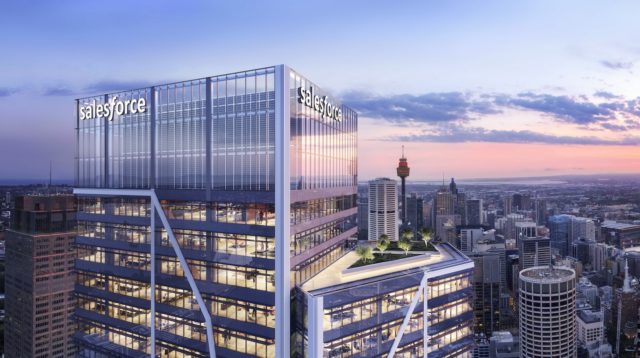Case study
Salesforce

In late April 2021 Salesforce notified its suppliers that it has added binding commitments into its supply chain contracts to ensure that suppliers representing 60% of its scope 3 emissions will set science-based targets of their own by 2024.
The changes to Salesforce’s supply chain contracts also require suppliers to:
- Develop and implement a plan of continuous improvement to reduce the carbon footprint and environmental impact of the provision of their goods or services.
- Deliver their products or services on a carbon neutral basis by offsetting the emissions resulting from their provision of goods or services.
- Share their sustainability commitments with Salesforce upon request.
- Maintain a sustainability scorecard with a reputable corporate social responsibility assessment provider.
- Publicly disclose their scope 1, scope 2 and scope 3 emissions.
Salesforce’s annual supply chain expenditure falls in the billions. Within the first week of launch of the sustainability exhibit, Salesforce witnessed a ripple effect beginning to occur, with suppliers showing interest in adopting the drafting and cascading it through their own supply chains.
How did TCLP help Salesforce get here?
The Chancery Lane Project’s climate clauses were a valued resource for the Salesforce Sustainability Legal team when developing the exhibit. They acknowledge the meaningful contribution that the drafting of The Chancery Lane Project has made in the development of the sustainability exhibit, which if copied by others and actively implemented, could transform companies and markets.
For more climate contracting resources like this, join us here.
Are you using our clauses?
We’d love to hear how you’ve implemented our clauses in your organisation.